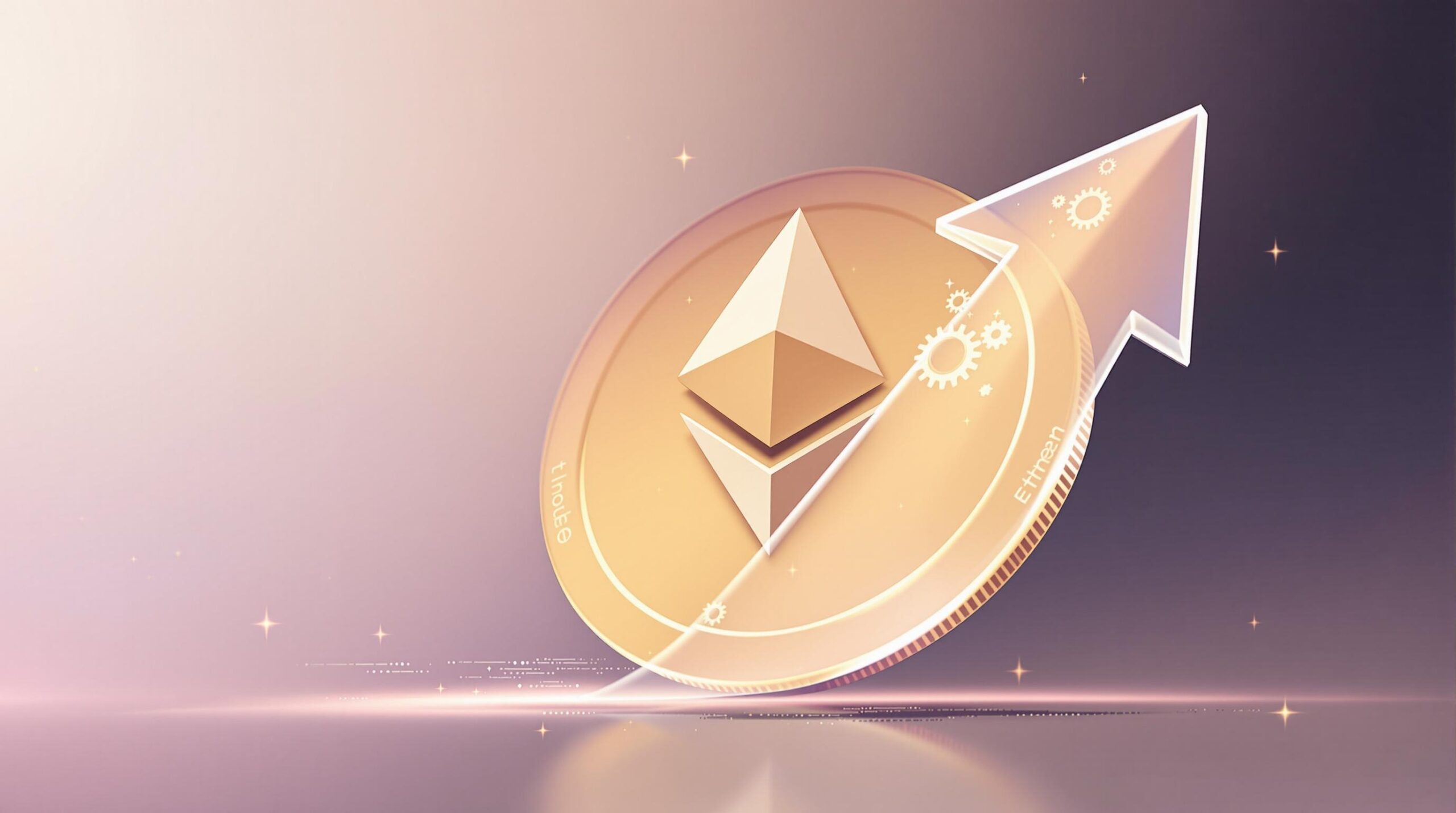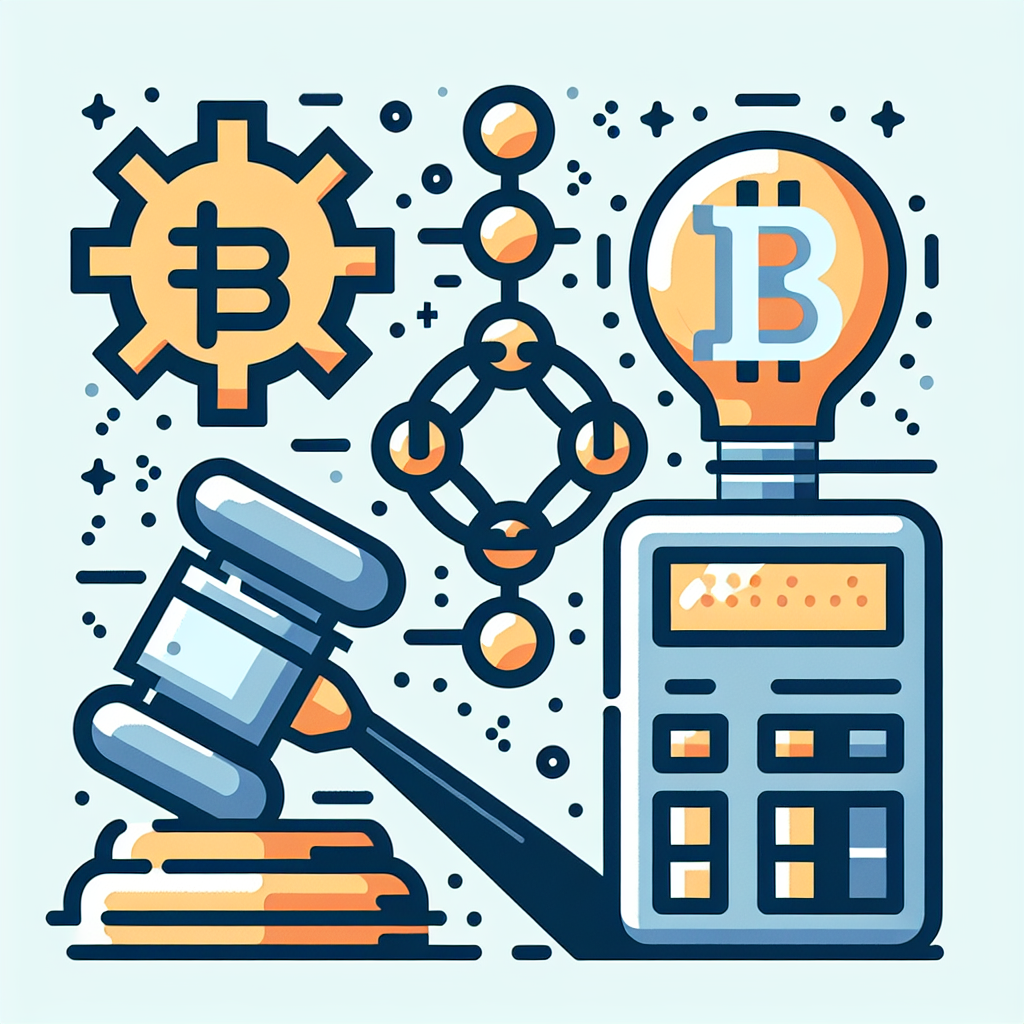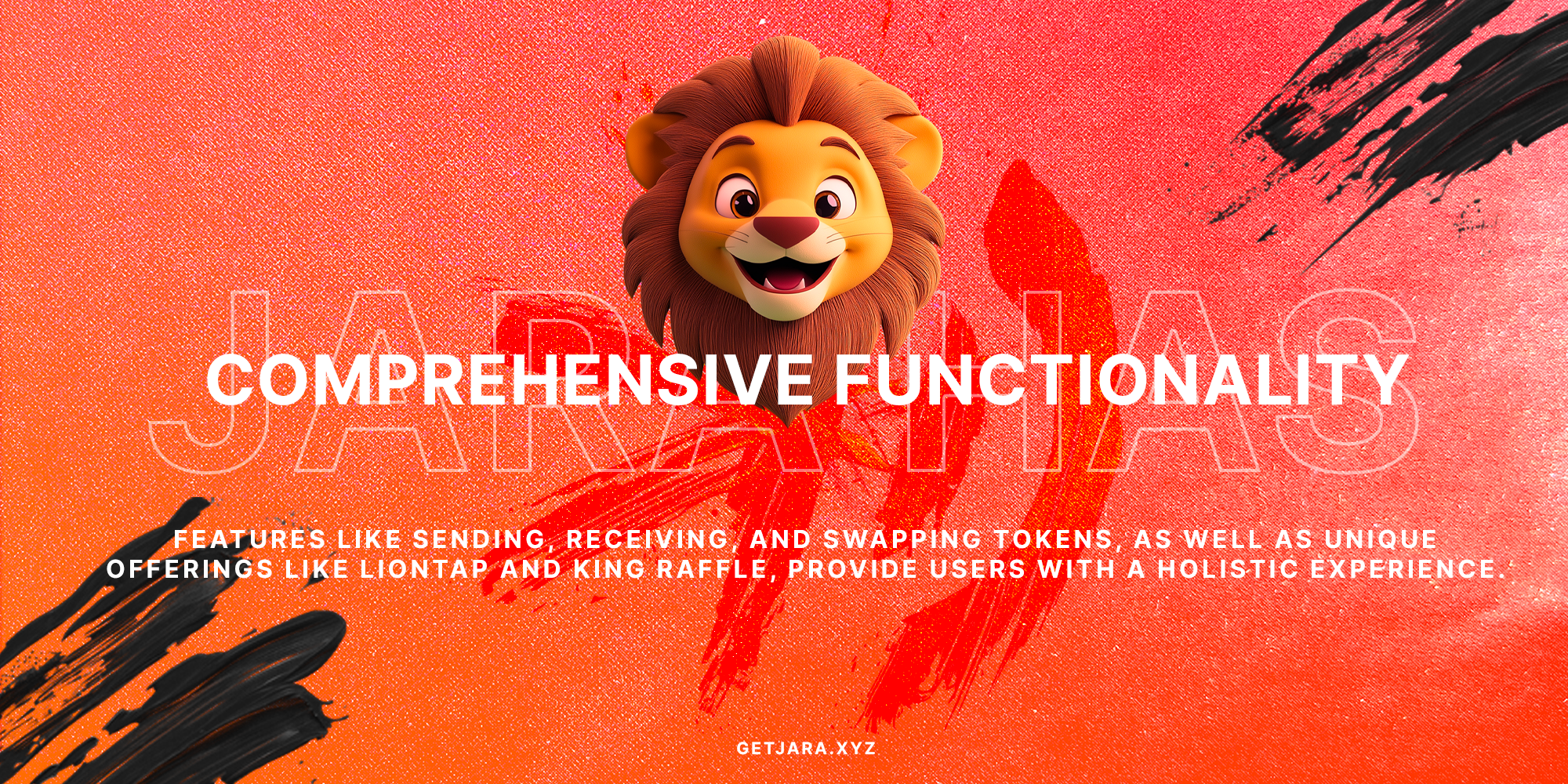Understanding Gas Fees and Their Importance
Gas fees are integral to the functionality of the Ethereum blockchain, acting as compensation for miners who process and validate transactions. These fees are essential for the security and stability of the network, helping to deter malicious activities and ensure that the system functions smoothly. For many users, particularly those engaging in decentralized finance (DeFi), high gas fees can be a burden. Understanding this basic structure is crucial for exploring how to reduce costs effectively.
What are gas fees? Gas fees are the costs associated with performing actions on the Ethereum blockchain, such as transactions and smart contracts execution, and are paid in Ether (ETH).
In the Ethereum ecosystem, every operation you perform, be it sending ETH, executing a smart contract, or interacting with a decentralized application, incurs a gas fee. But, have you ever wondered why these fees are necessary? Essentially, gas fees serve two critical purposes:
- Network Security: By imposing a cost for each transaction, gas fees discourage spam and malicious actions, ensuring that only genuine transactions are processed. This security measure helps maintain the integrity of the Ethereum network.
- Transaction Prioritization: During peak times, users can opt to pay higher fees to expedite their transactions. This mechanism helps manage the flow and speed of transactions on the network.
High gas fees can be frustrating for many users. But why do these fees fluctuate? Several factors influence gas fees, including network congestion and the complexity of transactions. During times of high demand, such as NFT drops or DeFi trading peaks, the competition to get transactions processed first can drive gas prices up significantly.
For those wondering how they can possibly avoid these high costs, there are several strategies to explore, such as optimizing the timing of transactions or using Layer 2 solutions that can offer more efficient processing.
Optimizing when you make transactions can help avoid high gas fees, particularly during off-peak hours.
But Ethereum isn’t the only player in the game. With alternatives like Binance Smart Chain and Polygon, you might find lower transaction costs and faster speeds. These alternatives are gaining popularity and could be a viable option for users looking to avoid Ethereum’s hefty gas fees.
Considering these factors, it becomes clear that understanding gas fees is not just about the cost; it’s about leveraging strategies to make Ethereum usage more sustainable and accessible. By taking proactive steps, you can minimize your expenses and enhance your overall blockchain experience.
Strategies for Optimizing Gas Fee Costs
When navigating the complex world of blockchain transactions, understanding how to effectively manage gas fees can make a significant difference in cost efficiency. Whether you’re investing in digital assets or exploring smart contracts, these strategies will help you save on expenses:
- Choose Optimal Transaction Times: Just like avoiding traffic by taking a less busy route, you can save on gas fees by transacting during off-peak hours. Using tools like Etherscan Gas Tracker offers real-time data, helping you choose when network demand—and thus fees—are typically lower. This could be late at night during North American time zones when activity dips.
- Utilize Layer 2 Solutions: Consider platforms like Optimism or Loopring that enable Layer 2 transactions, where the heavy lifting is moved off the main Ethereum chain. This strategy not only lowers costs but also speeds up transaction times, making it a win-win for users.
- Batch Transactions: Grouping similar transactions can reduce your per-transaction cost. Instead of executing multiple individual operations, batch them into one, which optimizes gas usage and minimizes fees. Platforms supporting such batching features should be prioritized for regular users.
- Leverage Gas Fee Estimation Tools: Rely on advanced tools to find the sweet spot of cost vs. speed. Certain specialized tools provide accurate gas estimations based on current network conditions, ensuring that you neither overpay nor underpay, potentially having delayed transactions.
- Explore Alternative Blockchains: Ethereum isn’t the only option. Depending on the nature of your transactions, consider blockchains like Binance Smart Chain or Polygon, which often offer lower fees and faster times. By diversifying, you not only save on costs but also explore new financial landscapes.
What are Gas Fees? Gas fees are charges incurred for transactions on the Ethereum network, paid to compensate validators for securing and processing operations.
The ever-evolving blockchain landscape is ripe with opportunities for cost-saving optimizations. Choosing the right strategies can significantly reduce your overheads in utilizing smart contracts and other blockchain technologies. By understanding these techniques, you’re well on your way to mastering the art of efficient blockchain transactions.
Jara’s unique position in the market, with its proprietary Layer 2 solution, exemplifies how cutting-edge technology facilitates cost-effective blockchain interactions, particularly in Africa’s burgeoning digital economy. By leveraging such innovations, businesses and individuals alike can participate in this financial revolution with minimal cost and maximum benefit.

Utilizing Batch Transactions and Gas Tokens
In the world of blockchain, managing smart contracts efficiently can significantly reduce costs. One effective approach involves batching transactions. But what exactly does this mean, and how can it help save you money?
What are batch transactions? Batch transactions involve combining multiple transactions into a single one, optimizing the process and reducing gas fees associated with executing each action individually.
Batching transactions can be likened to a carpool system. Instead of each user paying for separate rides, everyone pitches in for just one, reducing the overall cost. Similarly, when multiple transactions are grouped together and processed as a single transaction on the blockchain, the gas fee is shared among all actions, leading to lower individual costs.
Batch transactions have become a crucial feature in applications and platforms like Jara, helping optimize transaction processing within their proprietary Layer 2 blockchain. This strategy not only reduces fees but also enhances the blockchain’s capacity and performance, making it more efficient for users across Africa.
The Role of Gas Tokens
Gas tokens offer another innovative way to reduce costs when working with blockchain technology. Gas tokens are essentially pre-paid credits for gas fees that are purchased during times of low network congestion. This allows users to lock in a lower gas rate and utilize these tokens when the network is busier, effectively saving on transaction costs.
What are gas tokens? Gas tokens are digital credits that let users pre-purchase gas fees at lower rates, providing savings when used during times of high network activity.
However, it’s essential to be aware of the impact of EIP-1559 on gas token effectiveness. This Ethereum Improvement Proposal (EIP) introduced a base fee system, partially revamping how gas fees are calculated. With the base fee being burned and only tips paid to miners, the benefits of gas tokens have shifted slightly. Therefore, while gas tokens can still be a valuable tool, their savings may be less predictable, so it’s crucial for users to stay informed about this aspect.
Implementing these strategies within a platform like Jara, which offers integrated tools for evaluating and deploying smart contracts, users can maximize financial efficiency. By making use of batch transactions and gas tokens, Jara empowers its users—especially in Africa’s burgeoning digital economy—to manage costs effectively while engaging in this transformative financial ecosystem.
The Jara Advantage
Jara’s approach to utilizing batch transactions and gas tokens aligns with its mission to democratize access to Africa’s digital asset economy, ensuring a streamlined user experience that enhances financial inclusivity. By building infrastructure that integrates these cost-saving mechanisms, Jara not only underpins the $JARA token with practical utility but also strengthens its ecosystem to better serve its community.
We envision a future where using blockchain technologies is economically feasible for everyone, enabling even more significant impacts on financial inclusion and economic empowerment across Africa. As a result, understanding and employing strategies like batching and using gas tokens can help users navigate the complexities of the crypto space more proficiently.
Exploring Alternative Blockchains for Lower Fees
Did you know that exploring other blockchain networks can significantly slash your transaction fees? The rise of Ethereum has come with a downside—high gas fees. However, opting for alternative blockchains like Binance Smart Chain, Polygon, and Avalanche can be a game-changer for your budget. Each of these platforms boasts unique advantages that make them worthwhile for frequent users looking to cut costs.
Binance Smart Chain: Compatibility and Cost-Effectiveness
Binance Smart Chain (BSC) has rapidly gained favor among users due to its lower transaction costs and compatibility with Ethereum projects. Think of it as Ethereum’s more economical sibling. Whether you’re transferring digital assets or deploying smart contracts, BSC enables you to perform transactions at a fraction of the cost. If you are a developer seeking to port your projects to a more affordable platform, BSC’s seamless integration experiences reduce the friction, allowing your transition to be smooth and cost-effective. More so, its native token, BNB, is used to pay for transactions, which can be significantly cheaper compared to ETH gas fees.
Learn more about blockchain comparisons.
Polygon: The DeFi Dynamo
Polygon, formerly known as Matic Network, offers another compelling alternative to the high costs of Ethereum gas fees, especially for decentralized finance (DeFi) applications. With its layer-2 scaling solution, Polygon executes transactions off-chain, easing congestion on its partner Ethereum’s network. This not only reduces costs but also accelerates transaction speeds, making it an attractive option for DeFi developers and users alike. Known for supporting robust decentralized applications (explore more about DeFi’s impact here), Polygon ensures that your crypto activities remain affordable and efficient.
Avalanche: Speed and Scalability
Avalanche is another blockchain making waves with its emphasis on speed and scalability. Avalanche’s novel consensus mechanism allows it to process thousands of transactions per second, offering a faster alternative without compromising security. Traders and developers flock to Avalanche because it accommodates high throughput with minimal delays. Its architecture is designed to minimize operational costs, promoting economic efficiency for end-users. When time is money, Avalanche could save you both by moving transactions off the bustling Ethereum highway to quieter, faster lanes.
Discover industry disruptions.
Advantages of Switching to Alternative Blockchains
- Cost Savings: Lower transaction fees mean more of your investment stays in your wallet.
- Speed: Faster transaction times enhance user experience and operational efficiency.
- Diverse Options: Various blockchains offer specific benefits tailored to different needs, whether it’s speed, security, or cost.
- Scalability: Platforms like Avalanche and Polygon handle high transaction volumes without slowdown.
- Ecosystem Compatibility: Many alternative blockchains are compatible with existing Ethereum-based applications.
Read more on reducing fraud with smart contracts.
Are alternative blockchains worth considering? Absolutely! They offer a perfect blend of cost-effectiveness, compatibility, and speed, making them a top choice for reducing gas fees.
Switching to these blockchains doesn’t mean you’ll lose out on potential gains. On the contrary, you’ll gain financial freedom to engage more with the blockchain applications you love, without the hefty price tag. By taking the time to explore these options, you can engage in the digital economy without breaking the bank. Happy transacting!
Future of legal tech with smart contracts

How does EIP-1559 impact gas fees?
EIP-1559 fundamentally alters how gas fees are calculated on the Ethereum network. By introducing a base fee that adapts to network congestion and implementing a simple tipping mechanism, it aims to stabilize gas fee volatility. Users no longer need to guess the correct bid, creating a more predictable cost structure.
What are the benefits of using layer 2 solutions?
Layer 2 solutions offer numerous benefits such as reduced transaction fees and faster processing times. By handling transactions off the main Ethereum blockchain, they minimize congestion and enhance the scalability of decentralized applications, making them a cost-effective alternative.
Why should I consider alternative blockchains?
Considering alternative blockchains can significantly lower transaction costs. Platforms such as Binance Smart Chain and Polygon provide affordable fees and faster confirmation times, making them attractive for users looking to optimize their transactions both financially and operationally.
What role do gas tokens play after EIP-1559?
Gas tokens, which were previously used to reduce transaction costs by buying gas during low congestion periods, have been affected by EIP-1559. The update made them less effective due to the new base fee system, although they can still offer some benefits depending on specific network conditions.

Related Practice Areas
Explore other practice areas related to our focus on gas fees and smart contracts. These areas provide additional insight and solutions for reducing costs in the realm of smart contracts and automation.
List of Top-Rated Smart Contracts & Automation Attorneys Serving Africa
Choosing the appropriate legal representation is crucial when navigating the complexities of smart contracts and automation. A seasoned attorney ensures you’re equipped to make informed choices at each phase of the process.
John Doe – Expert in Smart Contracts
Jane Smith – Automation Law Specialist
Michael Brown – Blockchain Legal Advisor
Sarah Johnson – Tech Law Innovator
William Davis – Contractual Law Authority
Discover What Our Clients Are Saying
At Jara, serving our clients in Africa means channeling unwavering dedication into every case. The positive feedback we receive is a testament to our commitment to excellence and satisfaction.

Transform Your Smart Contracts with Jara
Are gas fees weighing down your business efficiency? At Jara, we’re dedicated to helping you unlock the full potential of smart contracts while minimizing costs. By bridging global capital to African assets, we offer solutions that are both innovative and cost-effective. Don’t let high gas fees hold you back any longer. Download the Jara app for Android or iPhone today and start optimizing your smart contract processes.
“Your financial future should not be hampered by unnecessary expenses. With Jara’s expertise in smart contract automation, you’re just a download away from transforming how you do business.”
But don’t just take our word for it. Reach out to us today and witness our expertise yourself. For more information on how Jara can reduce your gas fees and enhance your smart contract executions, visit our website at https://example.com.
“Understanding gas fees and smart contracts can save significant costs in blockchain transactions. Learn how to reduce these expenses efficiently.” – Gas Fees Expert
Understanding Gas Fees in Smart Contracts
Gas fees are a crucial aspect of executing transactions on blockchain networks such as Ethereum. These fees serve as the cost of computational work required to execute smart contracts and process transactions.
What Influences Gas Fees?
- Network Demand: Gas fees fluctuate based on user demand. High demand leads to higher fees.
- Transaction Complexity: More complex smart contracts require more computing power, raising fees.
- Gas Limit: This is the maximum amount of gas you’re willing to spend on a transaction.
Strategies to Reduce Gas Costs
- Optimize Your Contract Code: Simplifying and streamlining your contract’s logic can reduce gas consumption.
- Use Layer 2 Solutions: These solutions, like rollups, help process transactions more efficiently.
- Monitor Network Congestion: Aim to perform transactions when network demand is low.
- Set the Right Gas Price: Use gas price estimators to set a fair and cost-effective gas price.
Implementing any of these strategies can lead to significant savings on transaction costs, making blockchain use more economical.
Leveraging Off-Peak Times
Executing transactions during off-peak hours can dramatically reduce gas fees. Users should remain aware of time zones and activity patterns in blockchain networks.
Real-World Applications
Reducing gas fees is critical for any blockchain-based application aiming to maintain cost efficiency without compromising on performance.
By understanding and strategically navigating gas fees, blockchain users can achieve more efficient and cost-effective outcomes.

















